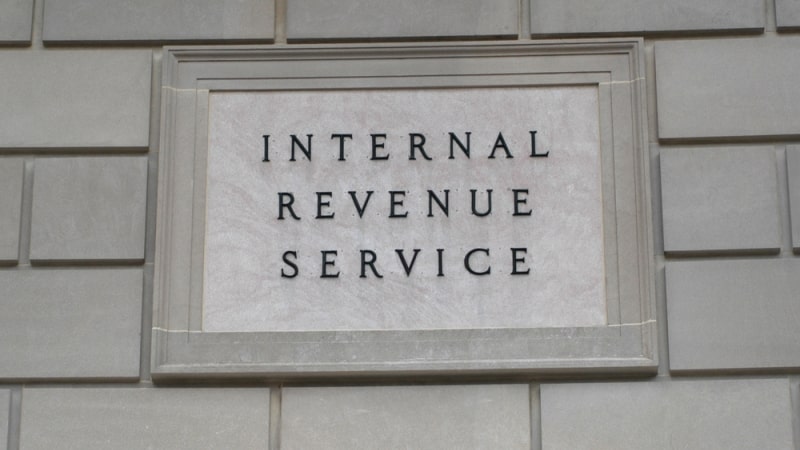
A Federal court in California last week cleared the way for the Internal Revenue Service (IRS) to begin gathering data on cryptocurrency transactions conducted by U.S. taxpayers between 2016 and 2021, to gauge the degree to which citizens are complying with Federal tax law on crypto transactions.
The August 15 decision by the U.S. District Court for the Central District of California gave the IRS authority to serve a “John Doe” summons on SFOX, which is a cryptocurrency prime dealer based in Los Angeles. The summons seeks information from SFOX about U.S. taxpayers who conducted at least the equivalent of $20,000 in transactions in cryptocurrency between 2016 and 2016 through or with SFOX.
A John Doe IRS summons does not list the name of any particular taxpayer under investigation because those taxpayers are not yet known to the IRS.
The Department of Justice (DoJ) said that the summons does not imply that SFOX has engaged in any wrongdoing in its digital currency business.
“Rather, the IRS uses John Doe summonses to obtain information about possible violations of internal revenue laws by individuals whose identities are unknown,” and seeks records that identify taxpayers and detail their cryptocurrency transactions.
“Taxpayers who transact with cryptocurrency should understand that income and gains from cryptocurrency transactions are taxable,” said David Hubbert, Deputy Assistant Attorney General of DoJ’s Tax Division. “The information sought by the summons approved today will help to ensure that cryptocurrency owners are following the tax laws,” he said.
“The John Doe summons remains a highly valuable enforcement tool that the U.S. government will use again and again to catch tax cheats and this is yet one more example of that,” commented IRS Commissioner Chuck Rettig. “I urge all taxpayers to come into compliance with their filing and reporting responsibilities and avoid compromising themselves in schemes that may ultimately go badly for them.”
DoJ noted existing IRS guidance for tax consequences in the use of virtual currencies, saying it “provides that virtual currencies that can be converted into traditional currency are property for tax purposes, and a taxpayer can have a gain or loss on the sale or exchange of a virtual currency, depending on the taxpayer’s cost to purchase the virtual currency (that is, the taxpayer’s tax basis).”
